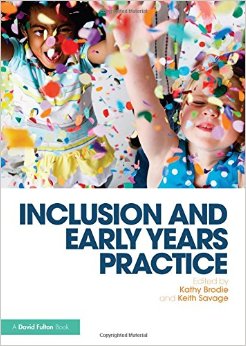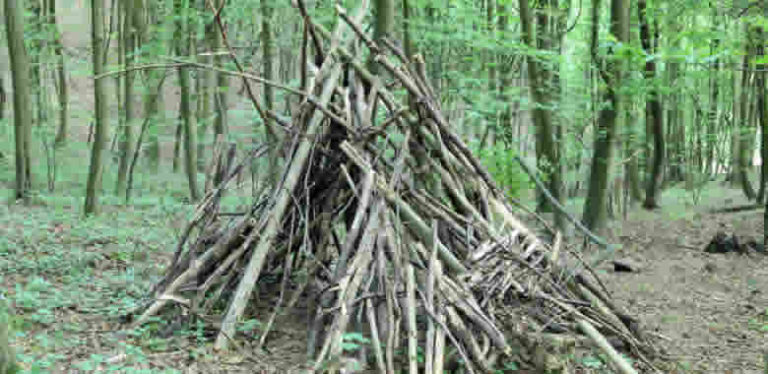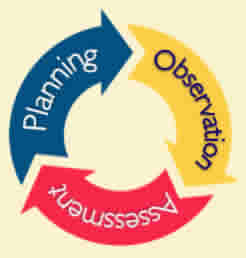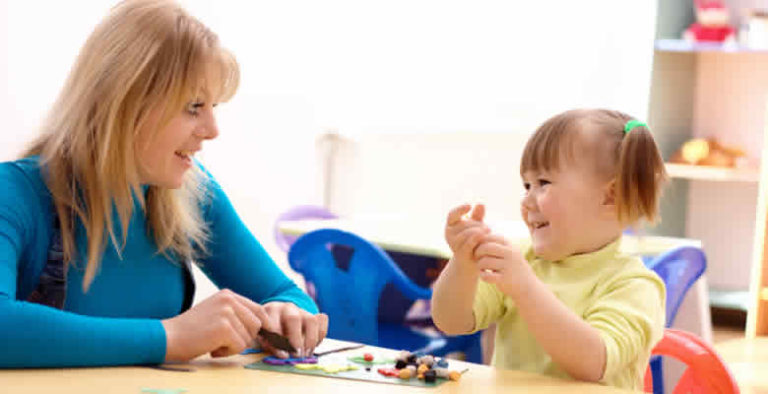Featured
Posted by Kathy Brodie on November 20, 2015.
Kathy Brodie on November 20, 2015.

How many senses do we have?
Five, right? – touch, taste, sight, hearing and smell.
However, if you talk to an occupational therapist, you’ll find at least an extra two – vestibular and proprioception – which are vital that you know about.
The vestibular sense is so named because it is sensed in the ‘vestibulum’ system in the inner ear in the semi-circular canals. These are responsible for balance, and it describes both the sense of balance and spatial orientation. The vestibular system detects movement and changes in the position of the head, for example, when your head is upright or tilted (even with your eyes closed).
Proprioception is defined as the perception of stimuli relating to position, posture, equilibrium, or internal condition. Basically this means knowing where your body is in relation to the external environment, for example, being able to sit in a chair without turning round to look, or walk up stairs.
Proprioception is a dynamic sense, allowing us to continuously adapt to a changing environment and is learned through all our other senses and neuro-developmental exercises, usually whilst we are children.
It is vital to know about these, because without good vestibular and proprioception senses, children would not be able to walk, hop, skip, navigate around a room, catch a ball and definitely not be able to manage stairs.
Featured
Posted by Kathy Brodie on September 24, 2015.
Kathy Brodie on September 24, 2015.

I often get asked about children’s behaviour.
It is a massive topic, with many facets. However, I would always start from the perspective that all behaviour, good or unacceptable, is a form of communication. It is how we, as practitioners and adults, respond to that communication that makes all the difference.
Click here for more »
Featured
Posted by Kathy Brodie on September 18, 2015.
Kathy Brodie on September 18, 2015.

In November 2008 I wrote about the purpose, and importance, of EYP Networks (you can find the original post here).
Since then we have seen many changes. The Government have changed, over 15,000 people with the Status this time last year (National College for Teaching and Leadership statistics) and the Status has been renamed Early Years Teacher Status, along with a brand new set of Standards.
However, I strongly believed that Early Years Teacher Networks are still vital for the vast majority of people with the Status. In order to test this belief, I asked all my subscribers two questions:
Click here for more »
Featured
Posted by Kathy Brodie on August 28, 2015.
Kathy Brodie on August 28, 2015.

This week my subscriber list broke through the one thousand mark, which made me sit back and reflect for a moment.
That’s an awful lot of people!
When subscribers sign up, I send them an email, just asking for their most pressing issues and finding out a bit about their concerns and achievements. I will admit at this point that I was a bit dubious about this bit (my husband talked me round though).
What if I was deluged with comments? What if no-one at all replied? What about questions I couldn’t answer?
Featured
Posted by Kathy Brodie on July 10, 2015.
Kathy Brodie on July 10, 2015.

 When Keith Savage and I were initially approached to write a book on Inclusion in the Early Years sector, the first thing we discussed was how to manage such an enormous topic. How could you possibly cover all facets of such a complex and emotive subject?
When Keith Savage and I were initially approached to write a book on Inclusion in the Early Years sector, the first thing we discussed was how to manage such an enormous topic. How could you possibly cover all facets of such a complex and emotive subject?
There were two things we agreed on immediately – firstly that it had to be relevant as well as practical and secondly that the content would need both breadth and depth.
Click here for more »
Featured
Posted by Kathy Brodie on June 25, 2015.
Kathy Brodie on June 25, 2015.

I am incredibly delighted and excited to have as my guest blogger this week Rebecca McIntosh, from Brisbane, Australia. We started comparing notes about childcare in England and Australia some time ago – and found some fascinating differences as well as some similarities.
Here Rebecca gives us a history of Australian childcare. It is a surprising story I was totally unaware of and really shows how much childcare philosophy varies around the globe. It is well worth a read and a BIG thank you to Rebecca for sharing this history with us.
Click here for more »
Featured
Posted by Kathy Brodie on June 19, 2015.
Kathy Brodie on June 19, 2015.

I love dens. Always have – as a child I would spend hours in the garden with my brother and sister, collecting large branches, reeds, planks of wood – anything to make a den with.
I think the joy was being able to create something from nothing. (I also suspect that I had an enclosure schema going on. Even now I like to sit in the corner of a café, tidy things into boxes and prefer grids to mind maps).
Of course, once you have an enclosed areas such as a den, you can invite others in – or shut them out. The element of self-choice can be very important to children. Sometimes even well meant adult intervention can be disruptive or even destructive to children’s play.
Click here for more »
Featured
Posted by Kathy Brodie on June 11, 2015.
Kathy Brodie on June 11, 2015.

 Observing children is one of the great joys of being an Early Years practitioner.
Observing children is one of the great joys of being an Early Years practitioner.
For example, watching those first steps, hearing how the children are picking up vocabulary (and making up their own syntax) and putting all this together to make sense of their development is usually an exhilarating part of your job.
However, sometimes completing observations can become a chore and not enjoyable at all. This can be due to the way practitioners have been introduced to the observation, assessment and planning cycle and it can result in them doing a lot of unnecessary work.
Click here for more »
Featured
Posted by Kathy Brodie on June 11, 2015.
Kathy Brodie on June 11, 2015.

In previous blogs, I have discussed two very useful techniques to support Sustained Shared Thinking – active listening and positive questioning.
Having discussed some of the skills needed to achieve successful Sustained Shared Thinking, I thought it would be beneficial to step back a little to view the whole of the Key Person role, with respect to Sustained Shared Thinking.
Click here for more »
Featured
Posted by Kathy Brodie on June 4, 2015.
Kathy Brodie on June 4, 2015.

Sustained Shared Thinking is the extended conversations between children and adults, or children and their peers. This will be encouraged by using Active Listening (see the blog here) coupled with Positive Questioning.
Sometimes there is a great temptation to quiz children to find out what they know, how they are feeling and what they are thinking. However, just as with adults, this can be very off putting, and actually cause your child to stop sharing their thoughts.
So, how can we encourage Sustained Shared Thinking, without intimidating or scaring the children away?
Click here for more »











 Observing children is one of the great joys of being an Early Years practitioner.
Observing children is one of the great joys of being an Early Years practitioner.
